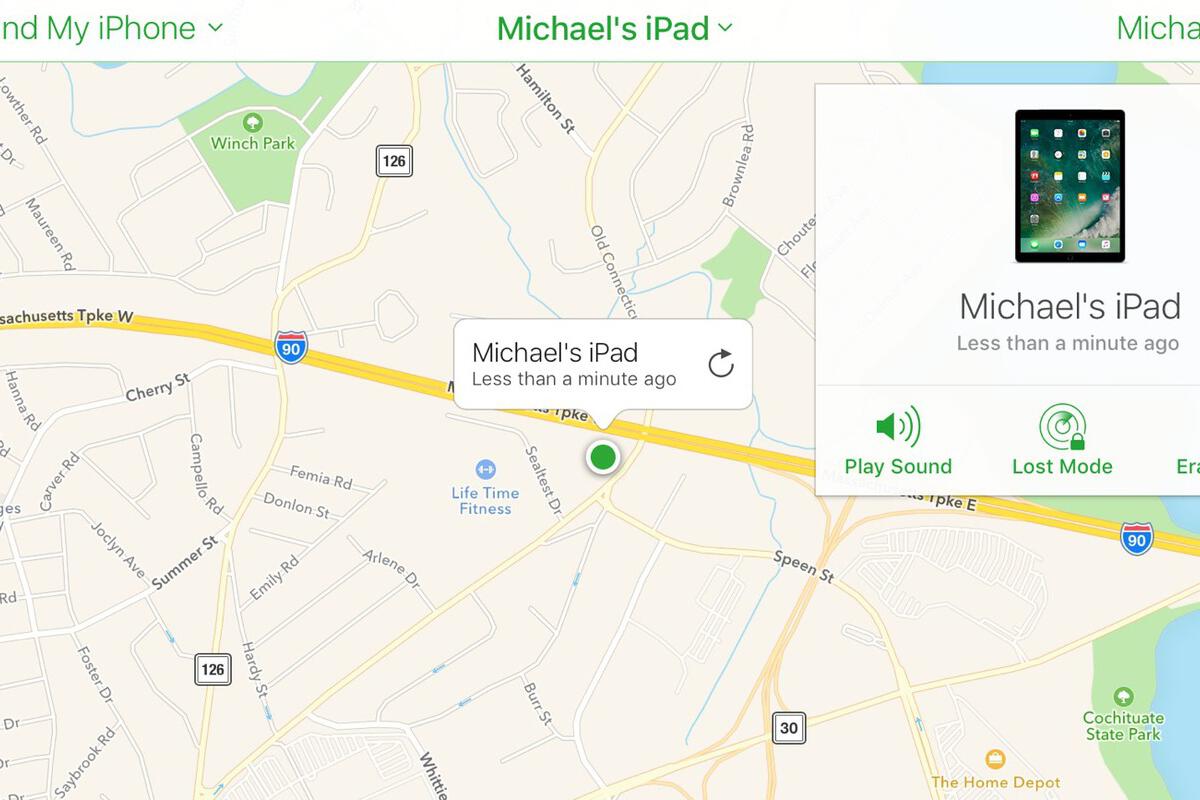Why Apple’s little ‘Find My’ Tile competitor is big news

Credit to Author: Jonny Evans| Date: Thu, 05 Sep 2019 04:42:00 -0700
Apple is expected to introduce its own Tile-competing tracking device(s), perhaps as soon as fall. So, what are the advantages of the device, what can we expect, and what happens next?
There are hundreds of tracking devices available today. These cost anything from tens to hundreds of dollars and in most cases require you sign-up to a network provider for SIM card-based network access.
That SIM is how your position is tracked.
Apple hasn’t announced its product yet, but if (as I suspect) the company chooses to supplement – or even replace – SIM-based location tracking with its Bluetooth mesh-like ‘Find My’ service then it could cut the cost of these solutions.
This is because Find My isn’t completely reliant on the SIM card, but instead uses what Apple tells me is highly secure Bluetooth signalling, encryption and all tied up to your iCloud account.
The impact is that no one else – including your network – knows where you or your possessions are.
That segues nicely into the next hot feature for Apple’s purported product:
Privacy.
Most existing systems let you see where you are online through a password-protected web portal, or (in some cases) through a smartphone app.
The problem with this approach is that you have no way of knowing how that information is kept secure, who has access to it, and no strong protection against any form of sale of data concerning you, your movements, or what happens to your tracked items.
That’s why at the same time as checking the price of commercially available tracking devices, you should also check the privacy policies.
Apple’s privacy commitment is tight.
And while its security protections are under pretty constant attack, the company has resources that mean it can respond fast if security is breached.
I expect nothing less from anyone with access to my personal information.
This is a stretch based on pure speculation concerning an unannounced product, so please forgive me if my hunch turns out to be incorrect.
Apple’s tracking device is billed as a competitor for Tile. One of the biggest problems with the latter product is its battery life. Tile promises 12-months of battery life, but batteries cannot be replaced by a user.
It is worth noting that code inside a leaked build of iOS 13 suggests there will be replaceable batteries in the Apple tracker. My speculation? What if Apple put a sealed wirelessly rechargeable battery inside these things…
Apple’s products are used globally.
That wide distribution means there’s a relatively good chance that a lost or stolen “thing” protected by a hidden Apple tracker will at some point be near an Apple product. And, (if I understand the Find My system correctly), this means you’ll be able to track down your lost items, even with no SIM.
What’s important is that this isn’t dependent on network bandwidth and should work internationally.
I think there’s a lot of potential good to be found in a highly secure tracking system that puts users in control and limits the attack surface for marketing firms, advertisers and other hackers seeking data about you in order to line their pockets.
However, while the theoretical abilities of such a device seem attractive, it’s possible the reality of any shipping product will be more muted.
At present, MacRumors claims trackers will emit a sound to help you find them, will use AR tags so you can track them down by holding up your iPhone (or another compatible AR device), and will have a ‘Lost mode’.
That latter mode apparently only tells nearby iPhone owners who the object belongs to and lets them contact you. What isn’t claimed is that you’ll be able to find these items yourself using Apple Maps, which you can do in the current iterations of Find My Friends and Find My iPhone, but I can’t imagine that feature being removed.
If it works, I think Apple’s system will be popular among car owners.
I imagine it will still be necessary to place these trackers in parts of the vehicle that are not completely surrounded by metal in order to optimize the Bluetooth connection – perhaps stashed inside an air freshener or under the vehicle?
I will be interested to see if Apple’s tracking device is recognized as protection by car insurance companies, who offer reduced premiums to drivers who install tracking systems in their vehicles.
This would provide yet another way in which iOS can reduce your insurance premiums – and may open up new partnership opportunities for the firm.
Apple’s usage cases seem to include:
It is interesting that Apple is now looking to the home security market with interest.
That’s how I see its decision to introduce HomeKit Secure Video and HomeKit-enabled routers. I also think you need to consider the company’s 2018 purchase of smart security camera patents from Lighthouse.
There is little doubt that Apple’s extensive, multi-year investments in camera, machine intelligence, AI and imaging technology could be bought to bear to deliver a framework (or solutions) for wireless smart security systems:
“Hey Siri, who is in my office?”
Watch this space.
Please follow me on Twitter, or join me in the AppleHolic’s bar & grill and Apple Discussions groups on MeWe.